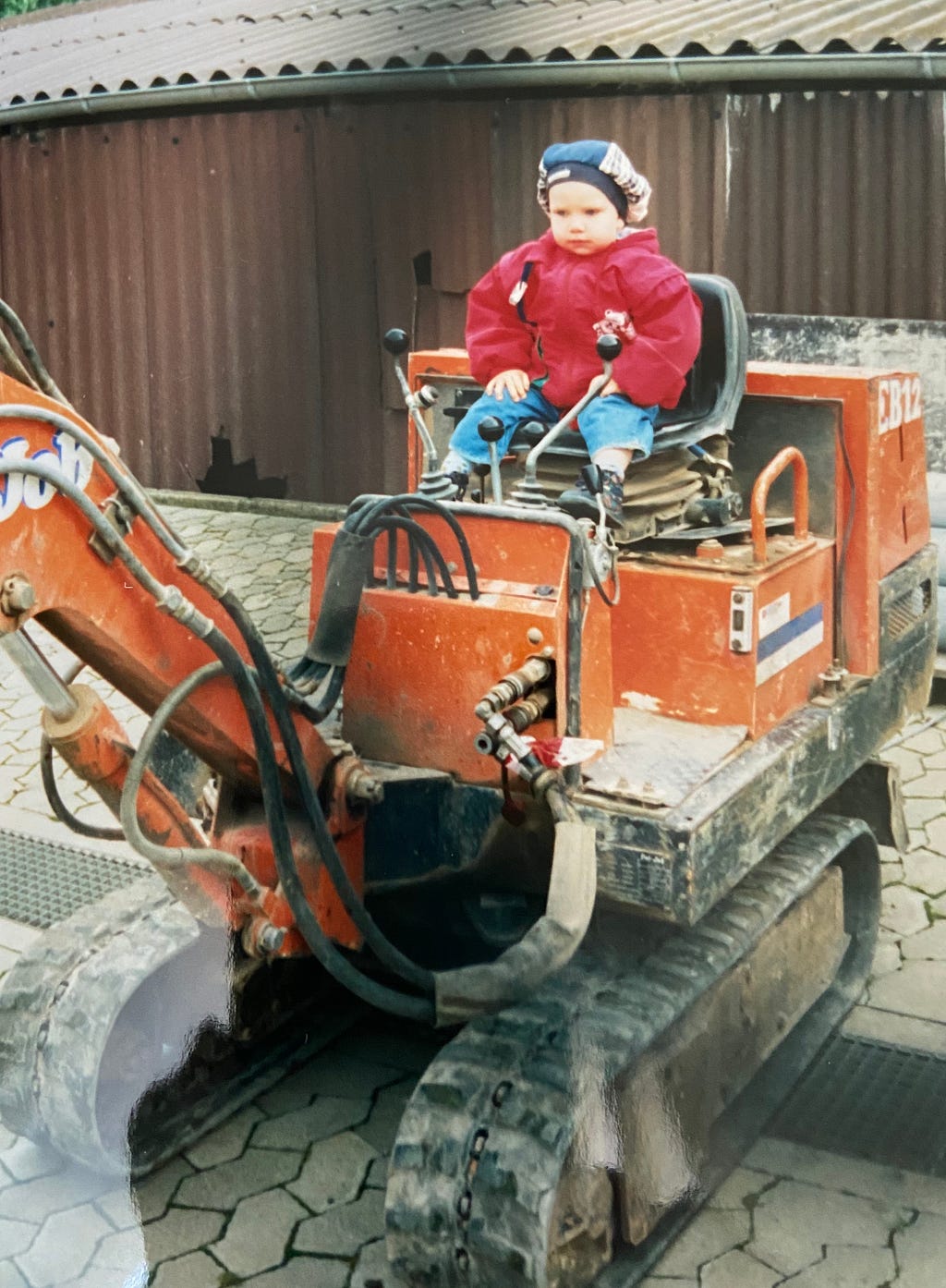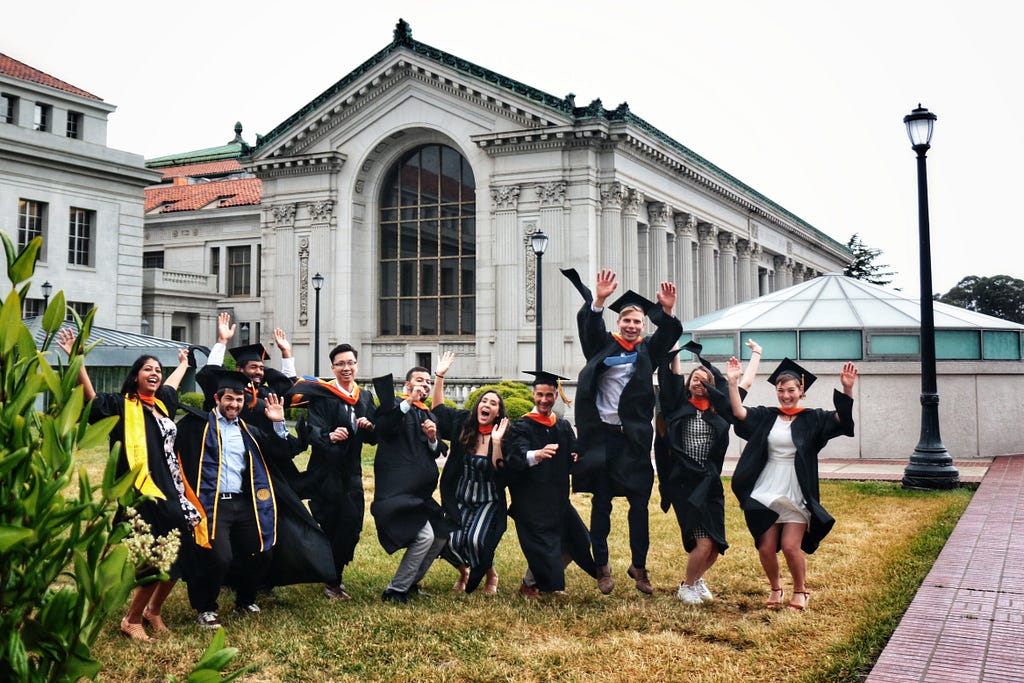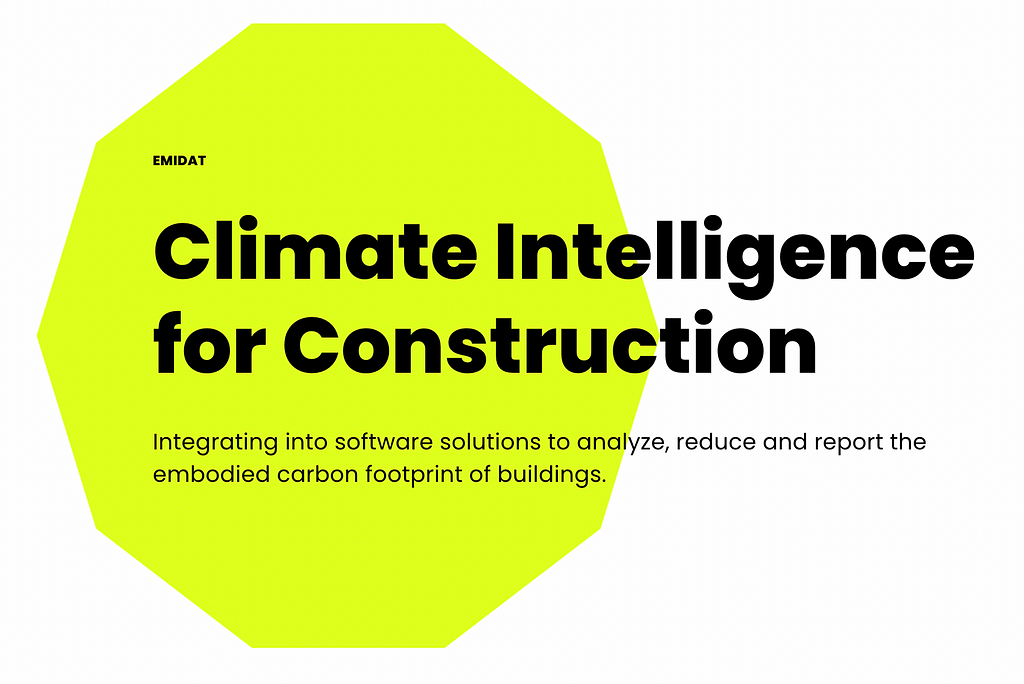By Florian Fesch, MEng ’19 (IEOR)
Our planet is on fire. The future of our civilization is seriously at risk. However, business as usual still continues and drives emissions to new heights. I know you have heard this many times before, but bear with me. This is not another attempt to make you feel bad about your choices. Instead, I want to encourage you:Go use your skills and build something meaningful that brings climate positive effects to the lives of millions of people. It’s time for such moonshots on planet earth.When people ask me how I came to climate tech, I always say it was a journey: I grew up in a 300 people village in Germany, I spent lots of my time outdoors, and to the present day, forests, mountains or just a fresh breeze give me so much energy. During my early days, I was super curious about everything, asked a lot of questions, and wanted to understand the world around me. It has always been a combination of fascination for technology and love for the people around me that drove me.

Berkeley definitely pushes you to new frontiers, while at the same time, it makes you aware of the impact you have on your surroundings. But be careful — the spirit you breathe in on this marvelous campus is highly contagious.When I was a graduate student, UC Berkeley celebrated its 150th birthday. I remember banners all over campus portraying the achievements of students, faculty and alumni. Seeing these everyday, made me think over and over again how many great things humans can create — if only they are determined and collaborative enough. When I now think back to my time in graduate school, I mainly think about three things:
1. It’s all about the people
We need global solutions. No one will solve systemic problems alone — not one country, nor one company. We need collaboration. Innovation happens when you bring a diverse set of people together.2. Care about what you do
Ask yourself why you are doing what you do and what your role and your impact on the people around you is. Do this every day. Sometimes it takes time to find an answer — it can be quite a journey. But once you know, it will be a complete game changer. It will give you the resilience to push through hard times that inevitably will come.3. Just do it
Roll up your sleeves and just get going. It will be far from perfect the first time you do it. But the more you work on it, the better it will get. Do not give up. Ever.

And when your children and grandchildren ask you one day what you were up to in the 2020s, you know that you did all you could to save civilization from the existential crisis we’re facing.What’s more, the new cool job in town seems to be with climate tech companies anyways. When it comes to the potential influence of new companies, climate will be the new internet. And honestly, how cool would it be if you were already part of something in the early days that is just taking off? It’s time for your moonshots so don’t wait. We don’t have much time left. Nothing about life and society is set in stone. We all have the power to drive change. Climate tech is the new cool kid in town and would love to be on your team. Connect with Florian Fesch. Edited by Ashley Villanueva and Veronica Roseborough.
Climate tech is the new cool kid in town was originally published in Berkeley Master of Engineering on Medium, where people are continuing the conversation by highlighting and responding to this story.


